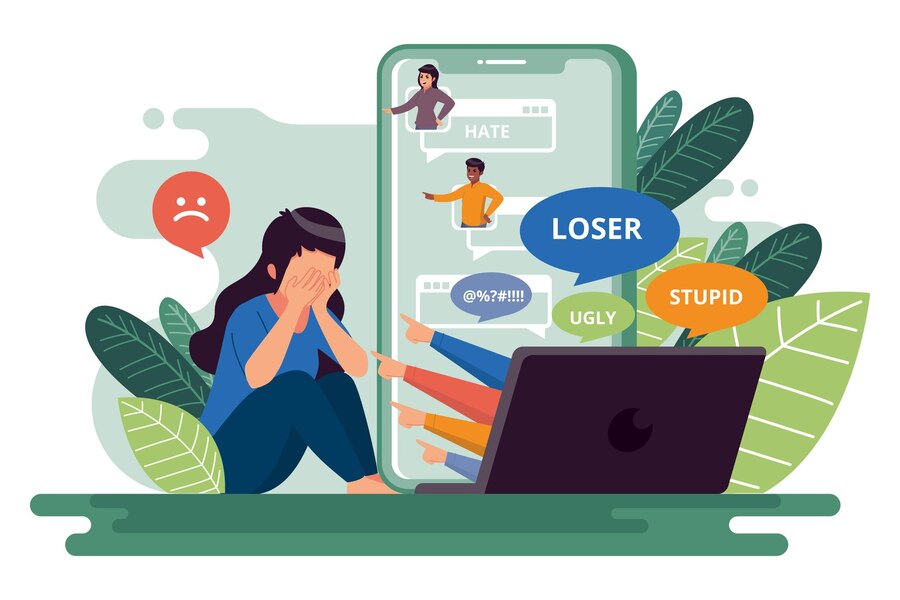Borrowers facing financial constraints often turn to loan apps for quick and easy access to funds. However, a disturbing trend has emerged where some loan apps engage in unethical and often illegal practices, harassing borrowers who struggle to repay their loans. These illegal loan apps operate by using aggressive tactics that violate borrowers’ rights, leading to severe mental stress and financial instability.
1. Fake Loan Apps and their Tactics:
Unregulated and Fraudulent Operations:
Some loan apps operate without proper licensing or regulatory compliance. These apps exploit vulnerabilities by offering loans with minimal documentation, attracting borrowers needing funds.
Exorbitant Interest Rates and Hidden Charges:
Fake loan apps often lure borrowers with seemingly low interest rates but later impose exorbitant fees and undisclosed charges. These can quickly accumulate, trapping borrowers in a cycle of debt.
Unethical Collection Practices:
These apps resort to aggressive and unlawful collection methods upon delayed or missed payments. Harassment through incessant calls, threats of legal action, public shaming on social media, and contacting friends and family members are common tactics these entities employ.
Breach of Privacy:
These apps frequently cross ethical boundaries by accessing the contact lists, photos, and other personal information stored on borrowers’ devices. They use this information to intensify harassment tactics, causing immense distress.
2. Harassment and Psychological Impact on Borrowers:
Mental Stress and Anxiety:
Constant harassment from fake loan apps leads to elevated stress levels and anxiety among borrowers. The fear of embarrassment and potential legal consequences affect mental health and overall well-being.
Financial Instability:
The coercive tactics employed by these apps exacerbate financial instability. Borrowers might need help fulfilling other financial obligations, jeopardizing their financial stability and potentially leading to a vicious cycle of debt.
Social Stigma and Isolation:
Public shaming tactics, where these apps contact borrowers’ contacts or post on social media about their debts, can lead to social stigma and isolation, adding to the mental anguish of borrowers.
3. Steps to Combat Illegal Loan App Harassment:
Awareness and Reporting:
Borrowers should be vigilant and aware of the signs of fake loan apps. If subjected to harassment or unethical practices, they should report such apps to the relevant authorities, such as consumer protection agencies, the police, or financial regulatory bodies.
Legal Recourse:
Borrowers subjected to unlawful harassment by these apps have legal rights. Seeking legal counsel or contacting consumer rights organizations can help understand available legal options to combat harassment and seek justice.
Financial Counseling and Support:
Seeking assistance from financial counselors or support groups can guide you in managing debt and navigating through challenging financial situations. These resources can offer practical strategies to address deficits and mitigate harassment.
Education and Regulation:
Government authorities should enforce stricter regulations to monitor and crack down on fraudulent loan apps. Moreover, educating borrowers about responsible borrowing practices and warning signs of illegitimate apps is crucial in preventing individuals from falling victim to such scams.
Conclusion:
Illegal loan apps engaging in harassment and unethical practices pose a significant threat to borrowers’ financial stability and mental well-being. Borrowers must exercise caution when dealing with loan apps, ensuring they are legitimate and regulated entities. Authorities need to strengthen regulations to curb the operations of fraudulent loan apps, protecting consumers from falling victim to such predatory practices. Additionally, providing support and resources to borrowers facing harassment is vital in alleviating their distress and guiding them toward resolving their debts through legal and ethical means.



